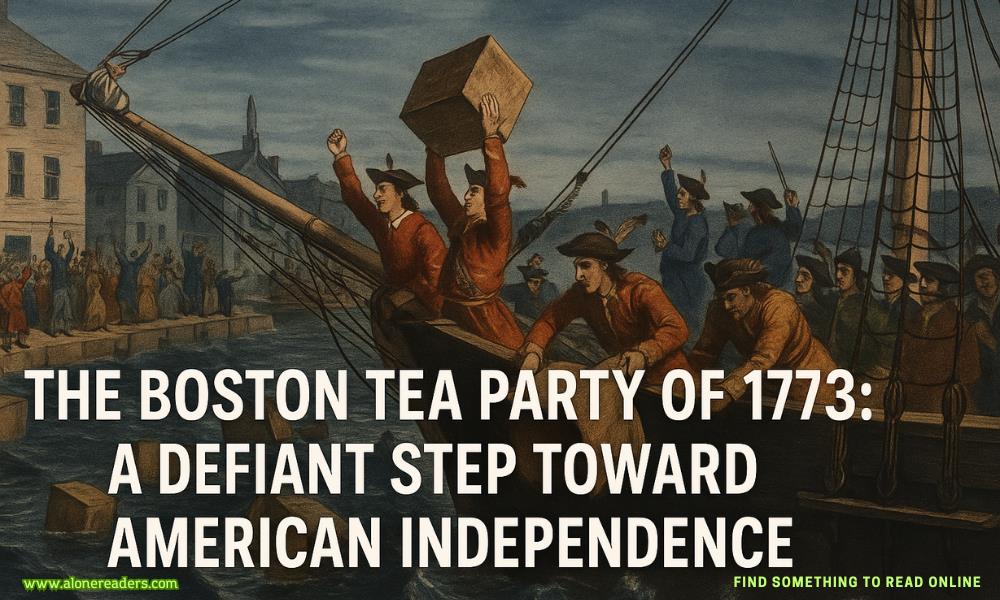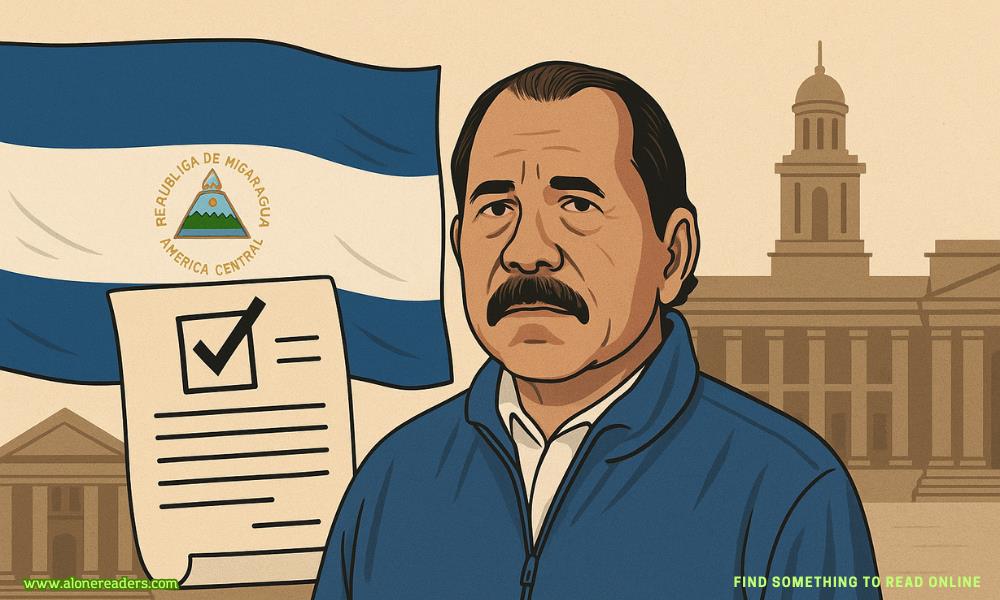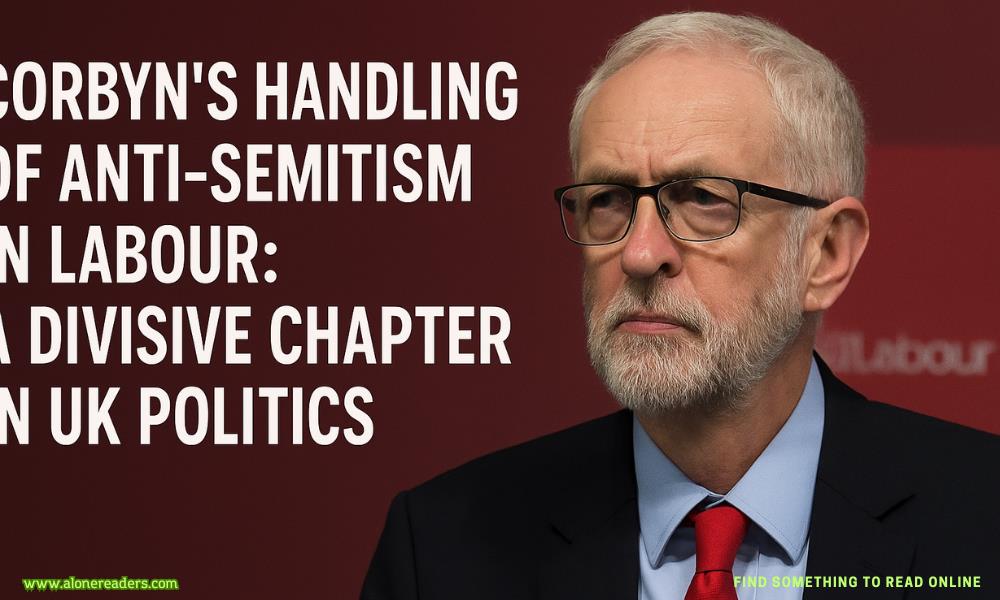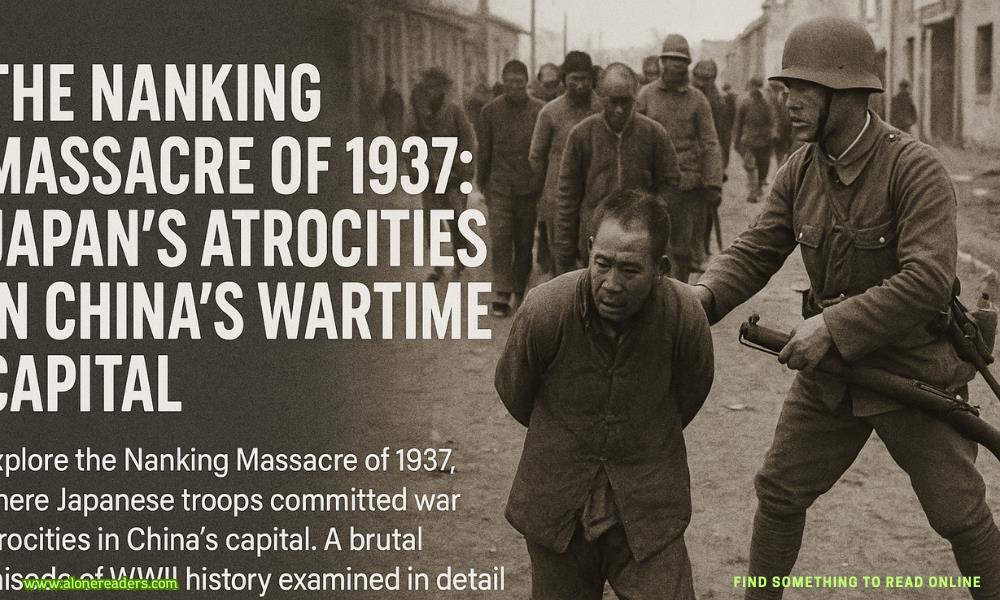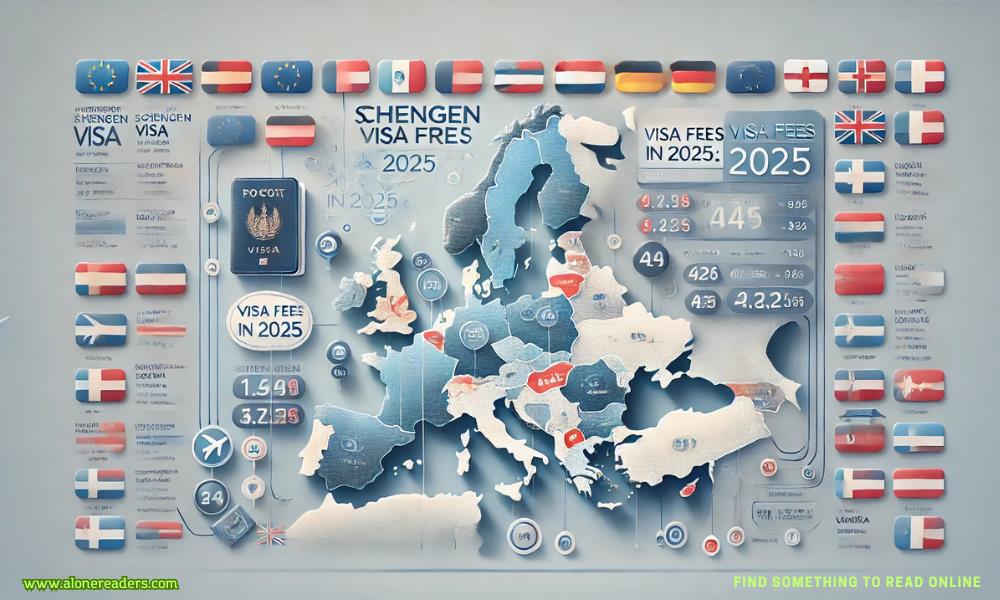Page 5 of The Last Train Home
‘I think so.’ My head still hurts, but I’m not shaking any more.
‘We should go.’
‘Where?’
‘Hospital. Your head.’
‘I’m OK,’ I say. ‘I don’t want to go to hospital.’
It’s only then that I notice more sirens. The street is alive with sirens and flashing lights everywhere, bouncing off the darkness of closed shop windows across the street. If I wanted to go to hospital, I could simply go and ask someone driving an emergency vehicle to take me.
I rise and walk past him, skirting the gates of the cathedral and into Paternoster Square. I look at my own hands, which are black with dirt. ‘I need some water. And a shower. And then I need to go home.’
With my back towards the cathedral, I begin walking towards the City. Everything’s gone a bit blurry and I stop.
‘You’re joking,’ he says, catching up with me. ‘You’ve just been involved in a train crash. You’ve banged your head. If you won’t go to hospital, then come back to mine and I can clean you up and then see what’s what. I’m not letting you go home on your own. What if you black out or … I don’t know.’
‘Where do you live?’ I ask.
‘Literally round the corner. About five roads in that direction.’ He points somewhere vaguely towards Fleet Street. ‘Do you think you can walk?’
‘I can.’
We move off, neither of us speaking, but I wobble so obviously that he puts his arm around my shoulders and pulls me against him for support as we walk. I’m woozy and the closeness is comforting, necessary.
After a minute I ask in confusion, ‘Do you live at work?’
‘What do you mean?’ he asks.
‘You said you work near here and you live here too?’ Funny how the mind picks up on the most random details.
‘Oh, right, no. I live in a flat a few blocks from my office.’
We pass an all-night convenience store and I break away from him and head as purposefully as my legs will allow. ‘I need water,’ I say, entering the shop and walking straight towards the open fridge shelves.
He enters the shop behind me and pulls down a huge bottle of Evian. I grab one for myself and we turn to pay. He takes mine from me and puts it with his.
We both pause and look up at the TV screen positioned behind the counter. The man serving barely glances at us; instead he tots up how much we owe and mumbles the amount, while still staring at the twenty-four-hour news channel on the screen. Neither of us pays immediately. Instead we watch the presenter talk about the derailment. Eventually I pull out my purse and put a couple of pounds on the counter, and we turn and leave.
His flat is a tiny one-bed apartment on a lane running parallel to the river. It’s modern and soulless and must havecost him a fortune. We stand in his open-plan kitchen/living room and he gives me painkillers, which I down with my water.
‘What’s your name?’ I ask. It’s strange not to know this most basic detail, given what we’ve just been through together.
He looks back at me. ‘Tom. What’s yours?’
‘Abbie.’
He holds the phone to his ear, confirms he’s reached Directory Enquiries and hands it to me, so I can see if my parents have already registered their new number. I write it down and then give Tom a look, silently asking if I can use the phone again.
‘Of course.’
My dad answers our home phone groggily and I tell him what’s happened. He listens in disbelief as to why I’m not home yet and springs into action.
‘Are you hurt?’ he asks.
‘No, I’m fine. I was lucky.’
‘Where are you?’




